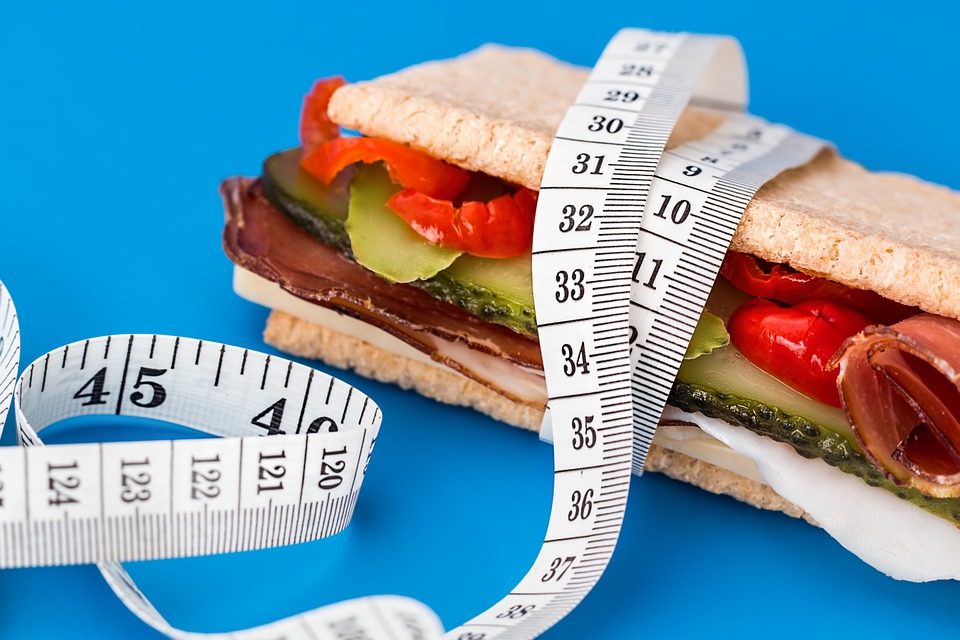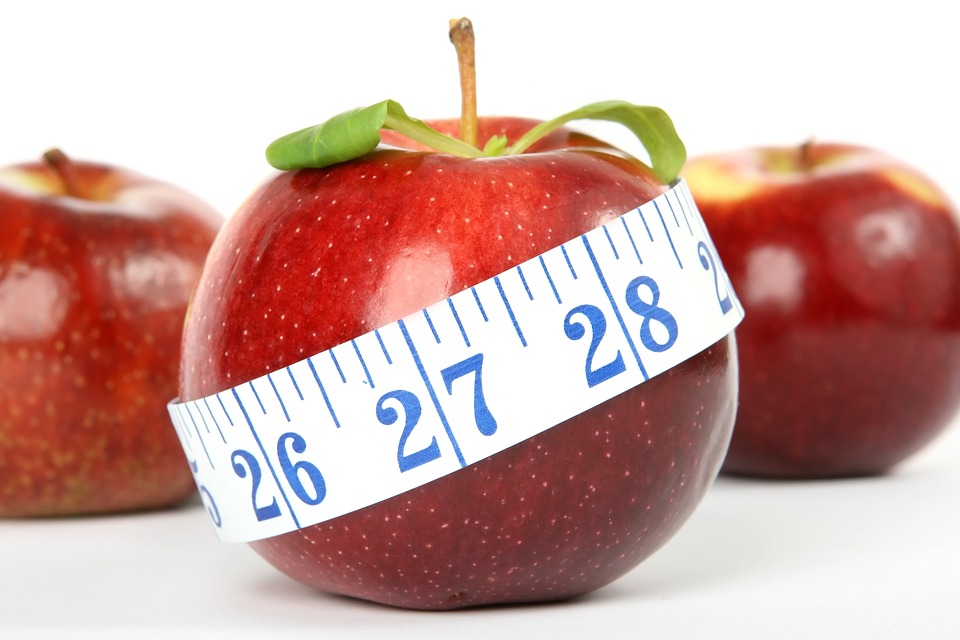
What are Calories and How Do They Help Our Body?
The word calorie is not new to dietitians or people who follow a diet plan. Its definition is widely accepted to be the amount of energy derived from the food and drinks we consume. Simply put, it is the unit of every food we take into our body.
In essence, whatever we consume provides our body with some calories, albeit in different amounts. That is why every packaged or processed food tends to underscore the specific calorie content in its label section. This piece of information will provide consumers with information on what their body will benefit from consuming that meal, and the number of calories that their bodies will utilize from those meals.
Do Calories Matter?

The importance of calories to the human body can not be over-emphasized. Without it, it is literally impossible for any human to carry out normal body functions and maintain a healthy lifestyle.
What this entails is that, when you reduce your calorie intake, your body may adjust accordingly. But in the long run, it will ultimately cave in and collapse if it doesn’t get the required amount of calories that it needs. All the cells will starve to death, organs will fail, and the systems will cease to function.
Essentially, in order to survive as humans and do work, we need calories. So do calories matter? Absolutely, yes!
What Happens if you Don’t eat Enough Calories
What happens if you don’t take in enough energy? If the energy in-take is not proportional to your body energy demand, you will most likely feel weak.
There is a lot to be concerned about if you don’t eat enough calories. It does not matter whether it is for the purpose of weight loss, loss of appetite, or illness that you don’t eat enough calories. In the end, it will all arrive at the same fate.
It may interest you to realize the four things you risk having if you don’t eat enough of it.
- Fatigue
A calorie is a unit of energy. When you consistently run low on them, you are bound to feel fatigued all the time. Weakness is a way your body reminds your brain that you are running low on energy for work and in need of more calories; that is, foods and drinks. The amount of calories required for the human body to carry out its normal daily activities is called resting metabolic rate. For many people, it is higher than 1,000 calories consumption every day. Extra physical or mental activities which drain energy can raise the resting metabolic rate to 2,000 calories or more, depending on the intensity of the extra activity.
Therefore, consuming less than a thousand calories of food every day will leave you weak and fatigued.
- Hair removal
Daily hair removal is normal with every human being as they get older. However, it becomes a problem when the amount or weight of hair loss every day in your comb or bathroom sink is away from the norm. In the end, it boils down to a lack of certain vitamins that promote good hair growth and maintenance. The human body derives these vitamins from the moderate calorie-rich foods we take in daily.
Protein, biotin, iron, zinc, and Vitamins A, B, C, D, E are all derived from food and essential for good hair growth and maintenance. If you don’t take in calories, you lack them.
- Internal coldness
When we eat food, calories are freed up during metabolism to provide heat for normal body functions. In the absence of food and drinks, the body may adjust to using stored metabolites to generate heat. However, when the metabolites deplete, your body runs out of supply, and internal coldness overtakes the system.
- Poor bowel movement
Good bowel movement is what instigates stooling or defecation. This process becomes very difficult if you do not eat good bulking agents or adequate fiber. This can ultimately lead to something unpleasant such as constipation. Constipation is regarded as having three or less stooling every week. When you don’t eat enough calories, it’s going to be less than two stooling per week.
There is not a good reason to eat an amount of calories less than the required. If it is for weight management, there are other effective ways to reduce weight, such as exercises or a healthy change in diet course for those who suffer obesity.
How to Measure Your Food Calories Content

Getting the calories content for your packaged foods is as simple as checking the nutrition facts label. But if you want to know how to arrive at the minimum 1,000 calories required by the body for normal system functioning, follow these three simple tips:
- Check the item’s packaging for the nutrition label: Most times, food manufacturers include the food’s nutrition facts list either at the back or the side of the food’s container. Carefully go through this list to get the nutritional information about the food’s ingredients and their major macronutrients. This will allow you to determine whether or not the food contains the right amount of calories needed to maintain a healthy lifestyle.
- Find the proportion of carbohydrate, protein, and fat macronutrients in the food: You can note down the ratio of some essential macronutrients like carbohydrate, protein, and fats from the food’s nutritional information. Each of these macronutrients contains a specific amount of calories per gram. This can help to determine the total calorie content of your food before you take it.
- Calculate the included macronutrients with their equivalent values in calories: The value of calories contained in each macronutrient will determine the overall food calorie content when you multiply them by the number of grams present in the food. Estimatedly, a gram of protein and carbohydrate contain four calories, respectively, while a gram of fat has nine calories. For a food with 10g of protein, 15g of fat, and 25g of carbohydrate, the total caloric value of protein will be: Protein- 10 x4=40, Fat- 15×9=135, and Carbohydrate- 25×4=100. This implies that the total calories value of the specified food above will be 40+135+100= 275 calories.
There are advanced calorimeters for calculating the calorie contents of processed foods. However, they are not for small scale foods as the size you consume, but for large scale.
In the end, everybody needs to acquire some knowledge about calories and its importance to our health. It will help us all live healthier lives as we understand our bodies better and know what it needs and in the right amount.



